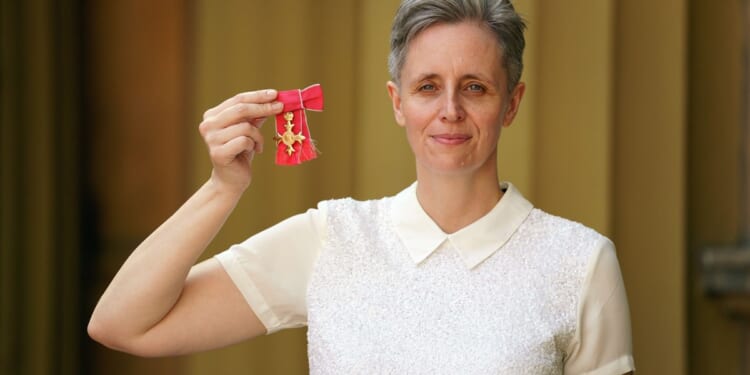I TOOK a train to Oxford to hear Dr Kathleen Stock lecture on assisted suicide. I once wrote her a private note of support as from a Guardian leader-writer when she was being hounded out of Sussex University, largely because I thought it quite monstrous that students should be able to drive out philosophers with whom they disagreed. What is the point of a university where that can happen?
Everything that I have read and heard of hers since then has been worth while, and, on Monday evening, she performed a public dissection of the various justifications for the assisted-dying Bill. I didn’t take verbatim notes, but I think I got the sense of her arguments well enough. Any errors in what follows are mine alone.
She started by saying that it was generally accepted now that the job of a politician was to satisfy the desires of their voters. Within that frame, you could not publicly argue that these desires were infantile or morally wrong. So, when there were large majorities in public opinion for “dignity in dying”, it was the politician’s duty to arrange for this. She quoted an Economist leader: “People should have the right to choose the manner of their own death.”
This supposed right, she said, was justified on two grounds. One was freedom, or personal autonomy, as expressed by The Economist. But the underlying reason was always compassion or the relief of suffering. The two were blurred in most advocacy: the proponents of assisted dying were motivated by the suffering that they had seen, and still more by the suffering that they could imagine lying in store for themselves. This was certainly my observation in arguments over the subject at The Guardian.
But this has nothing to do with the argument from freedom. We are all already free to take our own lives, and often even to assist others, under the present legal regime. But it turns out that no one really believes in autonomy as the ultimate value, least of all the survivors of a successful suicide.
No, she said, the argument was really about mercy. But “if mercy for extreme suffering is a valuable goal, then it doesn’t require consent. If you’re on fire, I’m not going to ask your permission before I put it out. So, when mercy is the overriding priority, freedom can drop away.”
Implicit in her argument, I think, is the belief that mercy is something that only a person can feel or perform. Bureaucracies can follow rules well or badly, but they can no more be merciful than they can skip ropes.
In the traditional concept, doctors were entitled to kill their patients at the ends of their lives, and mercy sometimes demanded that they do so. But this could be done only to relieve physical suffering, not mental pain; it must be decided on a case-by- case basis, and the doctor should know you and have a personal relationship. But, if the assisted-dying Bill is passed, you may never have met the doctor who is going to kill you. Once you are in the system, and the boxes are ticked, you are assumed to be exercising your freedom rationally, and this detaches the practice from its most cogent rationale, which is mercy.
So much for the conceptual confusions of the case normally made for assisted dying. There is also the Malthusian argument, made by Matthew Parris, who resembles Thomas Malthus in the benevolence of his character as well as the inhumanity of his reasoning. This has nothing to do with either freedom or compassion. It is simply that society cannot afford and will not pay for an ageing and increasingly decrepit population.
Very few people would put the argument with such brutal clarity, but successive governments have treated it as if it were wholly compelling. The withdrawal of funding from hospices and palliative care, and the drive for “efficiency” in GP practices, which means that you are unlikely to have a personal relationship with any doctor you are lucky enough to see, both tend to make euthanasia seem the simple, rational, and economic choice for the individual as well as for the Treasury. Meanwhile, the collapse of the social-care system can only increase the despair and loneliness that will drive old people to choose — freely, of course — the quick way out.
That is just the way that this world works. To claim that it shouldn’t seems to me to demand arguments imported from another world.

















